Afghan officials voiced their worries on Sunday that Kabul and the surrounding area would suffer a “direct negative impact” as a result of the escalating tensions between India and Pakistan.
After 26 persons were killed in an attack in Pahalgam, occupied Kashmir, on April 22, India suggested “cross-border linkages” between the attackers without conducting an investigation or providing any supporting documentation. Pakistan has strongly denied the allegation and demanded an impartial investigation.
Pakistan has declared retaliatory measures in reaction to India’s hostile actions against the nation, which include banning its ports and airspace to Indian carriers, stopping all border trade, and expelling Indian officials.
“Since Pakistan and India are located in our neighborhood, if this tension spreads, it will have a direct negative impact on the region and Afghanistan,” Hekmatullah Zaland, deputy director of the Afghan foreign ministry’s Centre for Strategic Studies (CSS), stated during a press conference on Sunday.
“We are currently interacting with both countries in light of our balanced policy,” the deputy director of CSS continued.
At an academic conference called “Tensions in Pakistan-India relations and their impact on the region,” Zaland was participating in a roundtable discussion. According to an official statement from the foreign ministry, the CSS organized the gathering.
Officials brought up the Attari-Wagah border closure throughout the conversation, highlighting how it will impact Afghan traders.
Along with other actions, India announced the closing of the Attari checkpoint on April 23. Pakistan retaliated the following day by blocking all trade with India, including that to and from a third nation, over the Wagah Border.
Truckers from Afghanistan are in a mess since India has refused to let them enter its country, even though Pakistan has allowed 150 stranded Afghan trucks transporting supplies for India to cross the Wagah Border.
The central leader of the Pak-Afghan Joint Chamber of Commerce and Industry (PAJCCI) claims that Pakistan has also banned cars from entering Afghanistan that are transporting goods from India.
Under the transit arrangement with Pakistan, Afghan traders said that up to 2,000 containers containing products had landed at Karachi ports from India. However, some of these cars are waiting to enter Afghanistan at Torkham and Chaman, while others are stuck in Pakistan.
In his discussion of the history of the difficult relations between India and Pakistan, CSS Director Waliullah Shaheen declared that the two nuclear-armed nations will resolve their differences and avoid going to war.
The Afghan foreign ministry reported that Mufti Noor Ahmad Noor, its first political director, gave a keynote address during the roundtable discussions.
In his discussion of the causes of the most recent intensification of hostilities between India and Pakistan, he pointed out that the Pahalgam attack had made the already existing tension worse. He continued by saying that both nations responded by taking actions that have had an impact on the area, particularly Afghanistan, such as closing the Wagah-Attari border.
Noor claims that the border closures caused Afghanistan’s commercial commodities to be essentially stranded, seriously harming the country’s trade industry. Thus, the official emphasized, “The Islamic Emirate [of Afghanistan] needs to prepare for potential incidents in advance.”
Afghanistan does not want a war between the two bitter enemies, Noor said, adding that the country has “commonalities and positive interactions” with both India and Pakistan.
“Instead, we will work to settle this dispute amicably in accordance with the Islamic Emirate’s economic-focused and balanced policy, as well as because the Islamic Emirate values regional stability and security,” he stated.
Another official, Dr. Hafiz Ikramuddin Kamil, discussed the legal ramifications of India’s possible threat to impede water flow following its suspension of the 1960 Indus Waters Treaty.
According to Kamil, obstructing the river for an extended period of time appeared to be both technically challenging and subject to a number of legal considerations under international law. For the time being, however, he continued, “this issue has also emerged as a significant consequence of the tension in relations.”
During the conversation, dozens of foreign ministry staff members offered their thoughts and perspectives on a range of topics.
Dar leads a follow-up meeting during the trip to Kabul.
To follow up on the results of his recent visit to Kabul, Deputy Prime Minister Ishaq Dar chaired a high-level discussion today at the Ministry of Foreign Affairs (Mofa) in Islamabad.
Dar’s visit to Afghanistan on April 19 marked the high point of a renewed re-engagement process between Islamabad and the Afghan Taliban administration after months of diplomatic deadlock, border clashes, and mounting security concerns.
During his trip there, Afghanistan’s acting prime minister, Mullah Hasan Akhund, had assured Pakistan that the Afghan territory would not be used for hostile activities against any country.
In the meeting led by Dar today, officials from Mofa and relevant ministries were briefed on the progress in implementation of earlier decisions, according to the Foreign Office.
“Pakistan’s vision for a peaceful neighborhood, enhanced trade and connectivity, sustainable development, and prosperity” was reiterated by Dar, who is also the foreign minister.
Senior officials from several ministries as well as Mohammad Sadiq, Pakistan’s special representative to Afghanistan, attended the meeting.




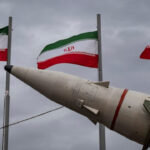


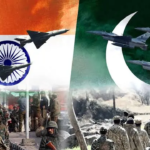
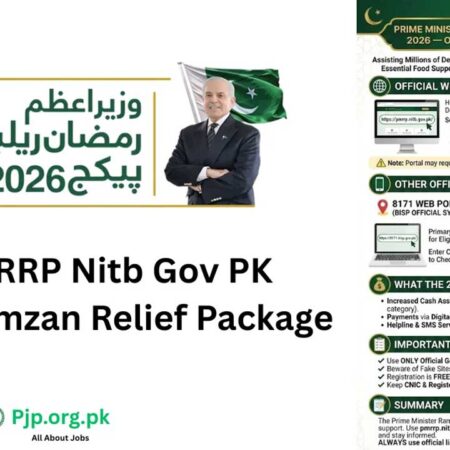
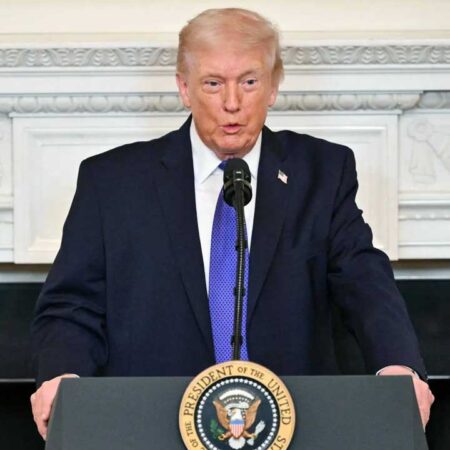
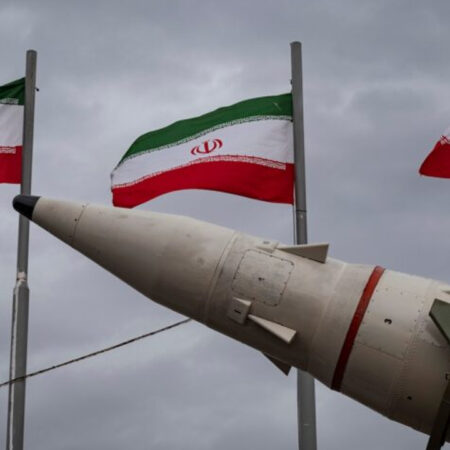

No Comment! Be the first one.